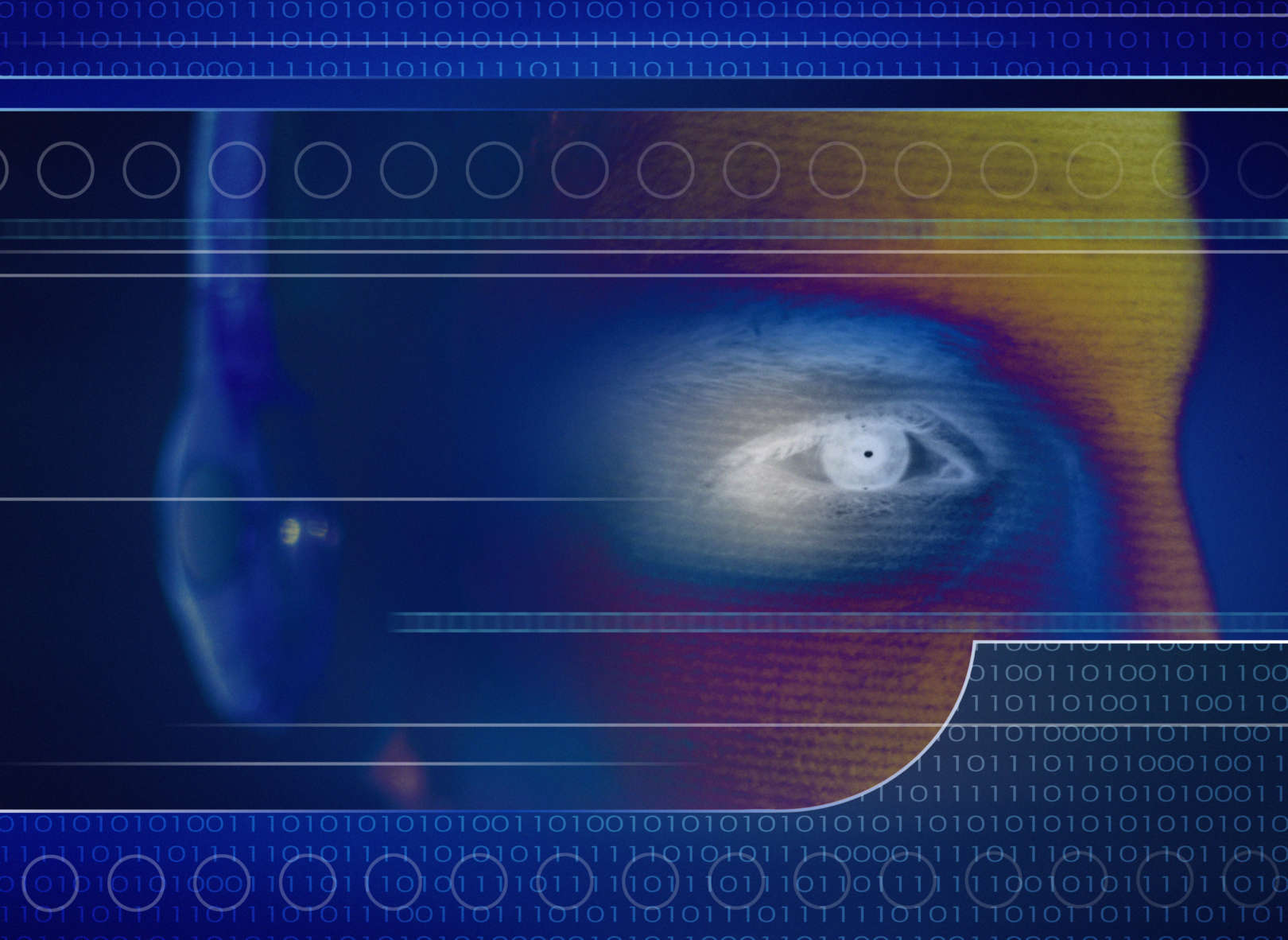Sobre
Manuel Eduardo Correia é doutorado em Ciência de computadores pela Universidade do Porto e mestre em Engenharia Informática pelo Imperial College. É professor do departamento de Ciência de Computadores da Faculdade de Ciências da Universidade do Porto, onde foi diretor do curso de mestrado em segurança informática entre 2014 e 2018. Tem uma vasta experiência em projectos nacionais e internacionais de investigação em segurança informática no grupo CRACS do INESC TEC Porto, onde tem vindo a trabalhar extensivamente no domínio da detecção de anomalias e gestão de identidade. Foi também assessor técnico de algumas agências públicas portuguesas (Saúde e Educação), atuando como consultor para a segurança do sistema nacional de prescrição eletrônica, sendo também responsável pelo desenvolvimento do sistema biométrico match-on-card, atualmente em uso pelo cartão do cidadão (eID) português. É cofundador de uma spin-off da Universidade, denominada HealthySystems, que centra a sua atividade na área da segurança da informação com um forte foco em técnicas de auditoria, eID e anonimização de dados clínicos. Em 2014 esta empresa ganhou o Prémio da Associação Nacional de Farmácias para a farmácia do futuro com um projeto denominado "DigitalPharma". Mais recentemente ganhou um prémio do CIO Summit Portugal, com o desenvolvimento de uma solução de software para apoiar a gestão clínica e integração de sistemas para grandes Hospitais. Foi no triénio 2018-2021 Pró-Reitor responsável pelas infraestruturas digitais da Universidade do Porto.



